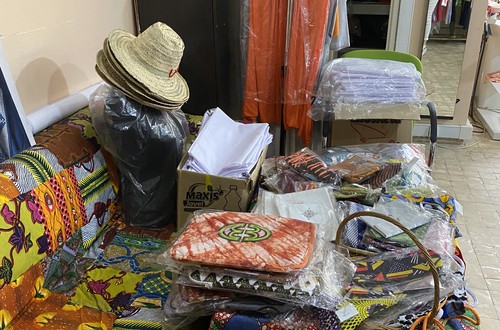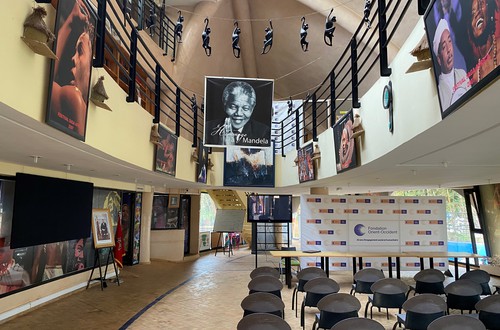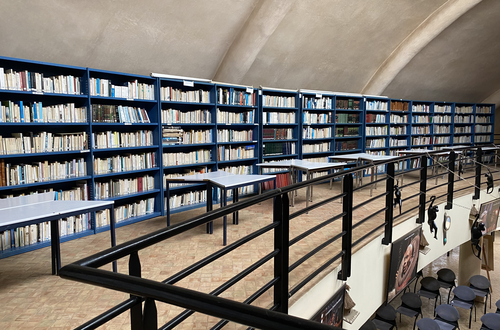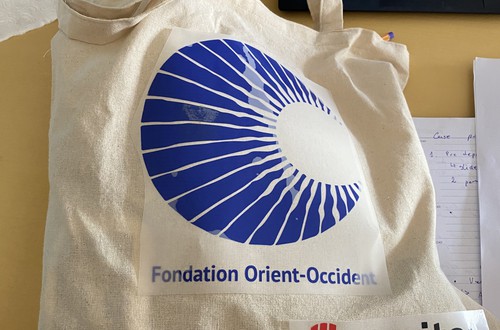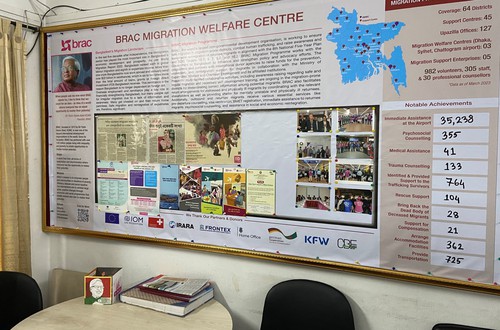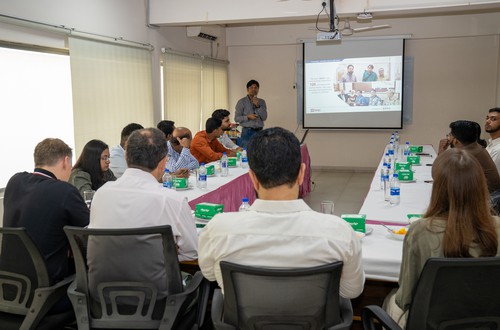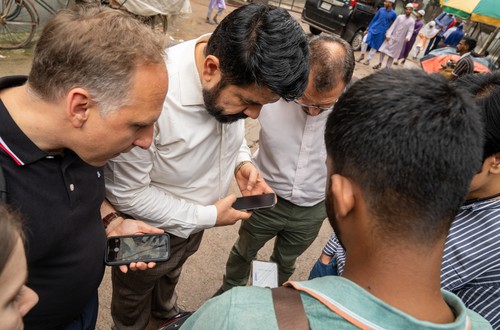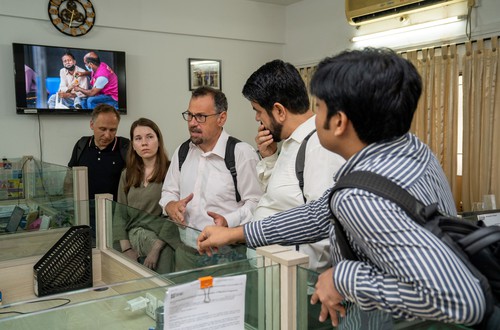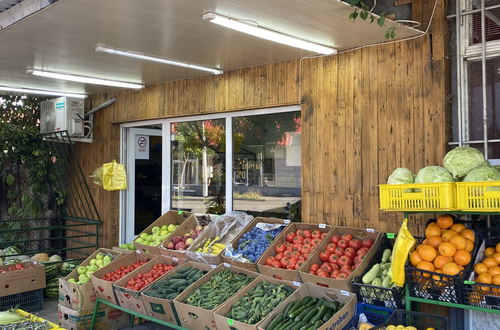Frontex is responsible for implementing the EU Reintegration Programme (EURP), which helps individuals who return both voluntarily and non-voluntarily to their home countries re-establish their lives. The programme provides a range of support services, from accommodation to starting a business, helping returnees to integrate into their communities and build a sustainable future. The Agency works closely with local partners to ensure the successful implementation of these services, while also monitoring the delivery to ensure they meet the EU standards.
News
Frontex reintegration assistance: supporting returnees in their home countries
2024-10-30

In the past months, Frontex has conducted several monitoring missions in different regions as part of its commitment to ensuring the effectiveness of the reintegration programme. These missions help the Agency assess the support provided to returnees, gather feedback from beneficiaries, and identify areas for improvement. Recent monitoring missions were carried out in Morocco, Bangladesh, and Armenia, offering valuable insights into the programme’s impact on returnees’ lives.
During the mission, Frontex officers and fundamental right monitor had an opportunity to discuss with FOO staff daily challenges related to their work as well as its results. FOO workers explained that the reintegration programme helped the returnees to establish small businesses, using financial support to purchase equipment and launch their ventures. Despite some challenges with accessibility in rural areas, FOO colleagues ensured that EURP beneficiaries were satisfied in general with the assistance received, and in particular with securing income-generating activities.
“Reintegration support allows returnees to come back to their countries with a sense of dignity. NGOs working in the area of reintegration need to navigate a complex landscape to successfully provide the assistance,” shared Ewa, a reintegration specialist.
“Fondation Orient Occident impressed us with their premises and facilities at the Headquarter in Rabat, which invite people to discuss, learn, create, work, and simply spend time together. They have rooms dedicated to different activities such as crafting, music, conference room, as well as some dedicated to children care and education. Migrants have opportunity to expose and sell their products in a small marketplace situated in the heart of the FOO Headquarter,” added Karolina, a reintegration expert.
In Bangladesh, the mission revealed the impact of the reintegration programme on returnees' livelihoods. The local partner, BRAC, works with returnees to provide comprehensive support, including medical care, psychological services, and financial aid. Many returnees have used this financial assistance to start small businesses, with some beneficiaries investing in livestock, such as cows, to provide ongoing income for their families. One of the highlights of the mission was visiting a farm where returnees proudly showcased the cows they had purchased with funds from the programme, enabling them to support themselves and their communities.
Frontex observed that the EU Reintegration Programme is successfully meeting returnees’ essential needs while offering them a path to sustainable reintegration. Returnees expressed their satisfaction with the support received, praising the programme for providing them with the means to rebuild their lives and establish stable incomes. The mission also identified opportunities for improving the programme’s delivery to ensure it continues to meet the needs of returnees in the most efficient way possible.
“It was fascinating to see how reintegration assistance is implemented on the ground. Visiting cattle markets, meeting returnees at their farms or businesses, and witnessing the positive impact of the programme was very insightful. I was impressed by BRAC’s dedication and professionalism, going beyond the EURP provisions to support returnees, sometimes using their own resources. Seeing their work across all districts was truly inspiring,” said Robert, a reintegration expert.
“Our visit allowed us to see the real people behind the program documentation, both the counsellors and the beneficiaries. The honesty with which they shared their experiences, successes, and challenges, as well as their migration stories allowed us to understand their reality better,” added Natalia, EURP reintegration specialist.
“Living conditions in countries like Bangladesh are difficult. Reintegration programmes are essential to making a real impact, helping people stay and rebuild their lives,” concluded Grigorios Tsioukas, Frontex Deputy Fundamental Rights Officer.
The most recent mission took place in Armenia to monitor the delivery of assistance to returnees provided by Frontex local reintegration partner, Armenian Caritas. The mission allowed Frontex to assess how financial assistance and economic counselling help returnees re-establish themselves in their communities. During the mission, the team met several returnees who had used financial assistance to launch small businesses, such as a returnee who opened a fruit and vegetable shop and a taxi driver.
Returnees expressed satisfaction with the assistance they received, highlighting the importance of business support in helping them become self-sufficient. The mission team, which included a Fundamental Rights Monitor, found that Armenian Caritas' services align with the programme specifications and EU standards.
Katarzyna, EURP reintegration specialist explains how important support for vulnerable groups is: “To fully understand the reintegration processes, its essential to recognise the unique characteristics of Armenia, where the migration landscape primarily involves families with children and elderly. Support for vulnerable groups is especially important and requires communication and coordination between the Member State, Frontex and Reintegration Partner to ensure timely and tailored assistance. Armenian Caritas is a very well-established organisation able to refer returnees to other services for specialised support, such as medical clinics or social services.”
More about Frontex reintegration assistance
The EU Reintegration Programme offers comprehensive support to individuals returning voluntarily to their home countries, including financial aid, healthcare, vocational training, and psychological support. Frontex’s monitoring missions help ensure that these services meet returnees’ needs and meet the EU standards. The Agency works with local reintegration partners to ensure returnees can successfully rebuild their lives and become active members of their communities.
Click here for more information.
